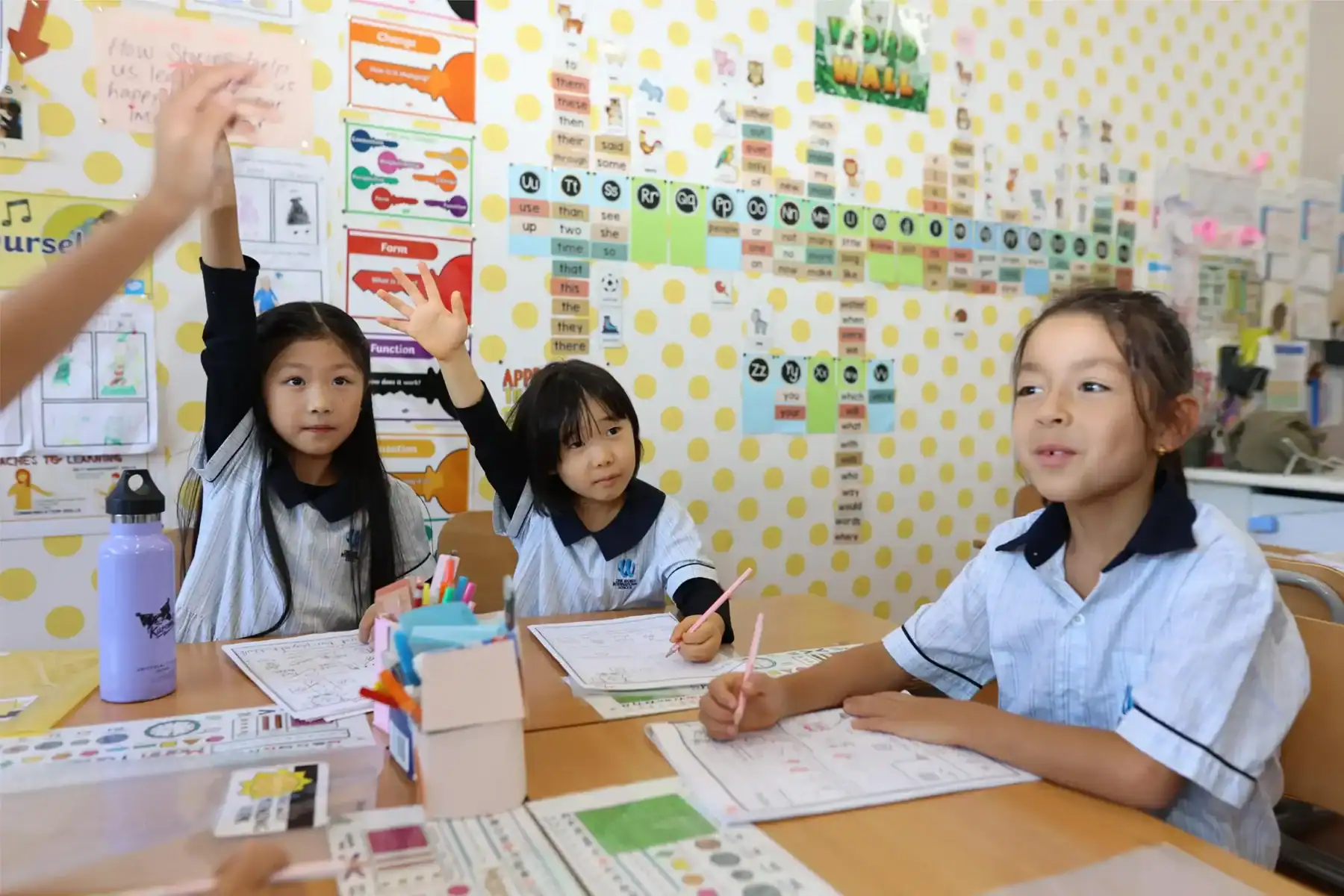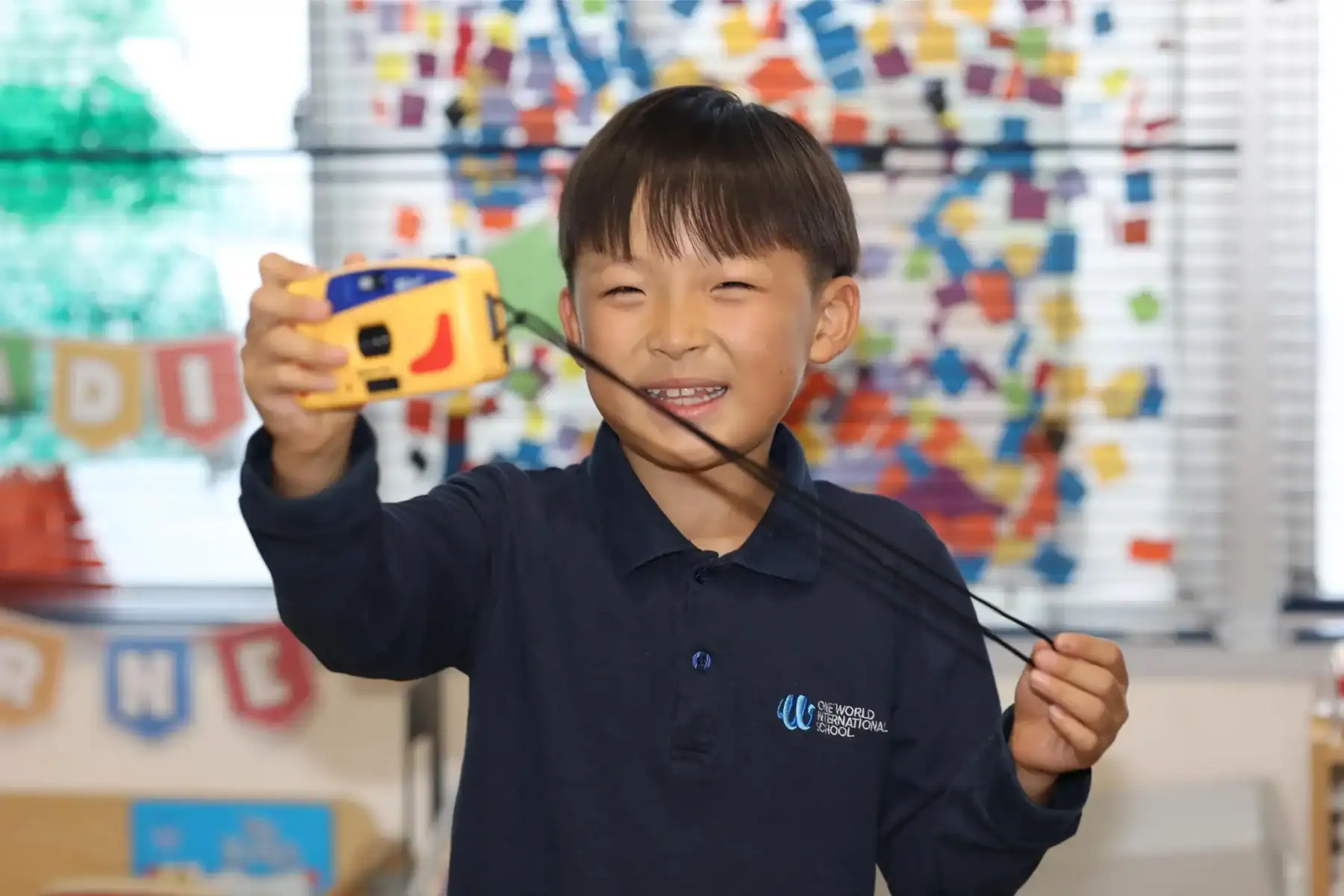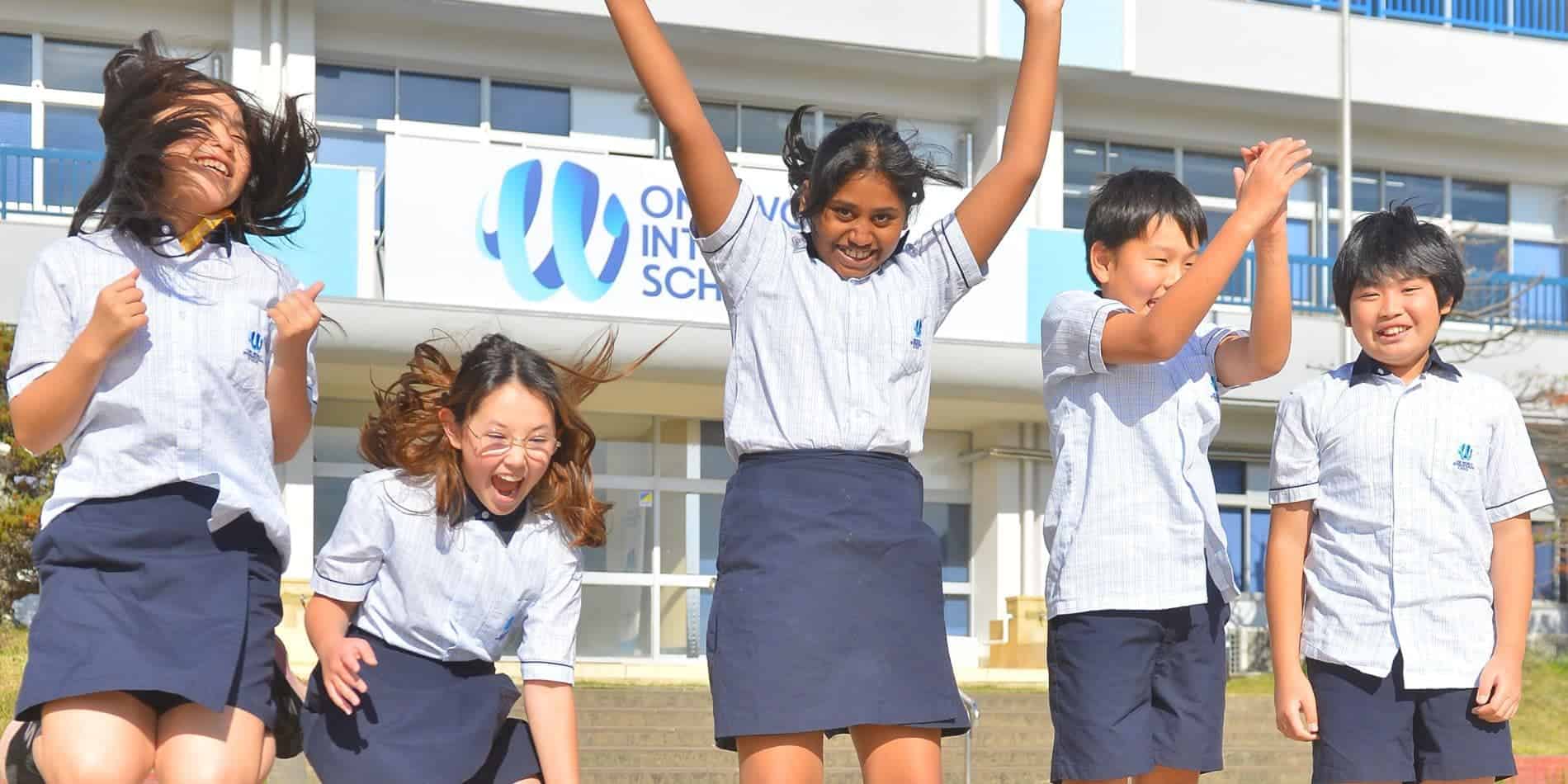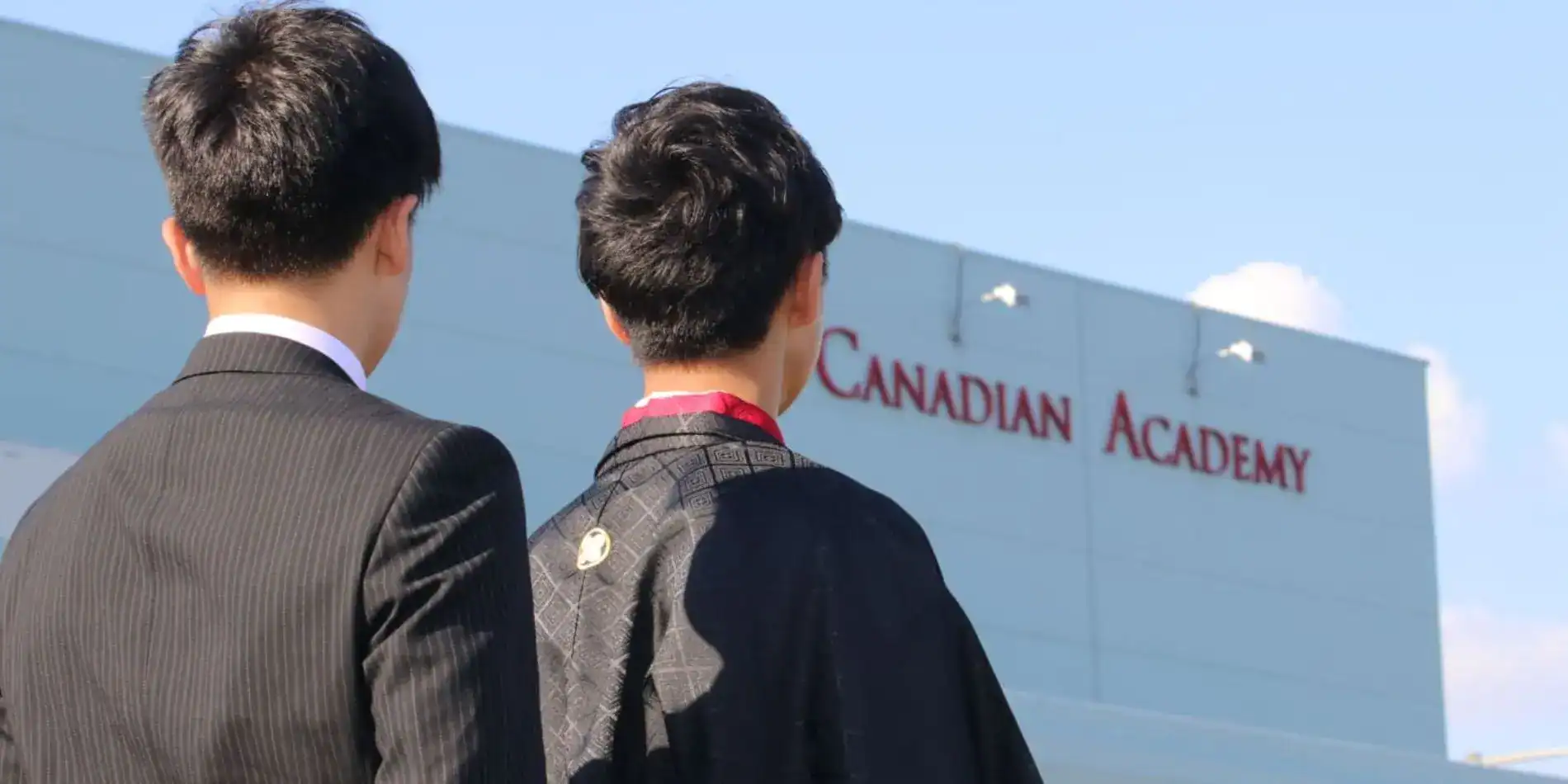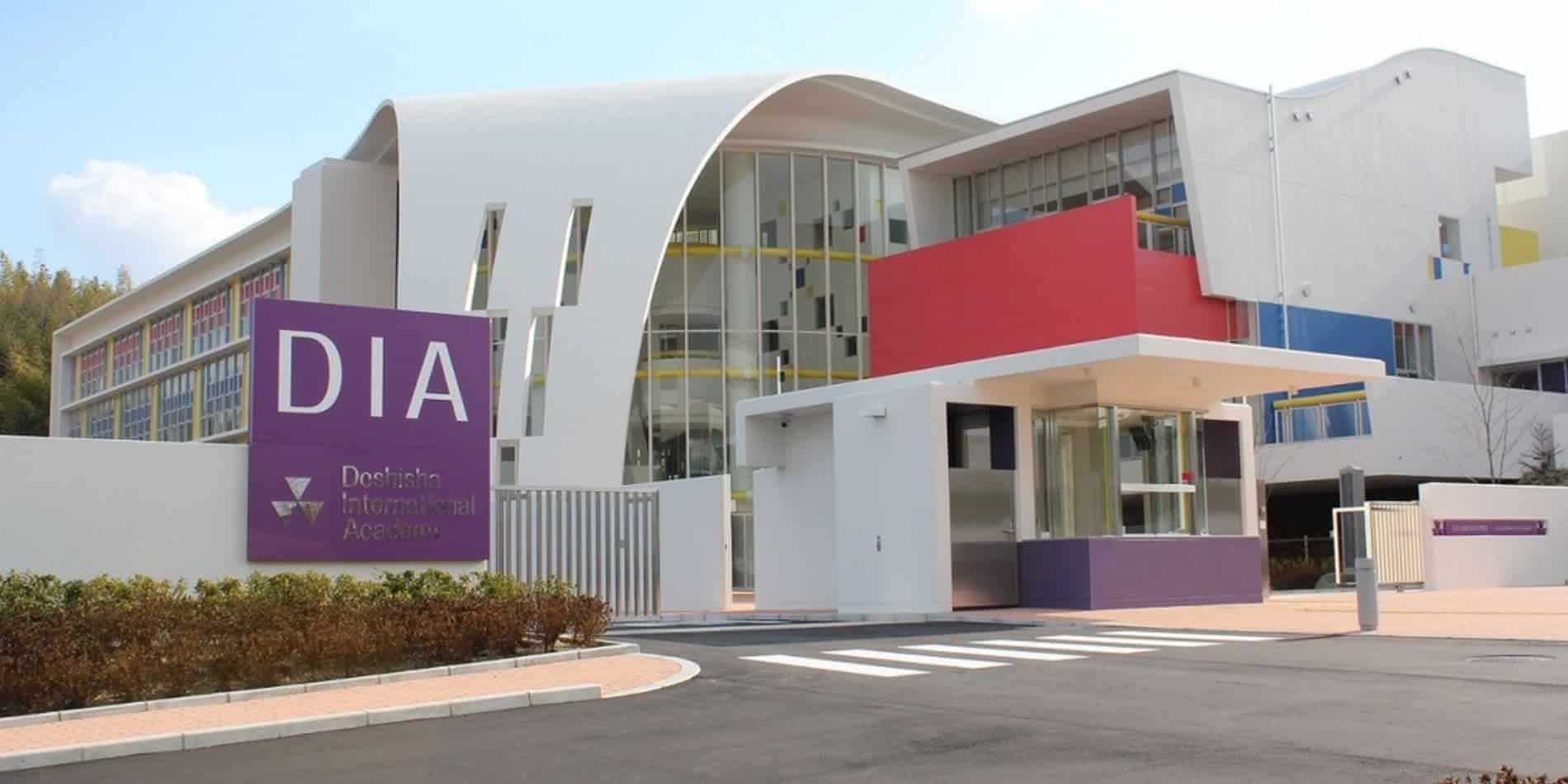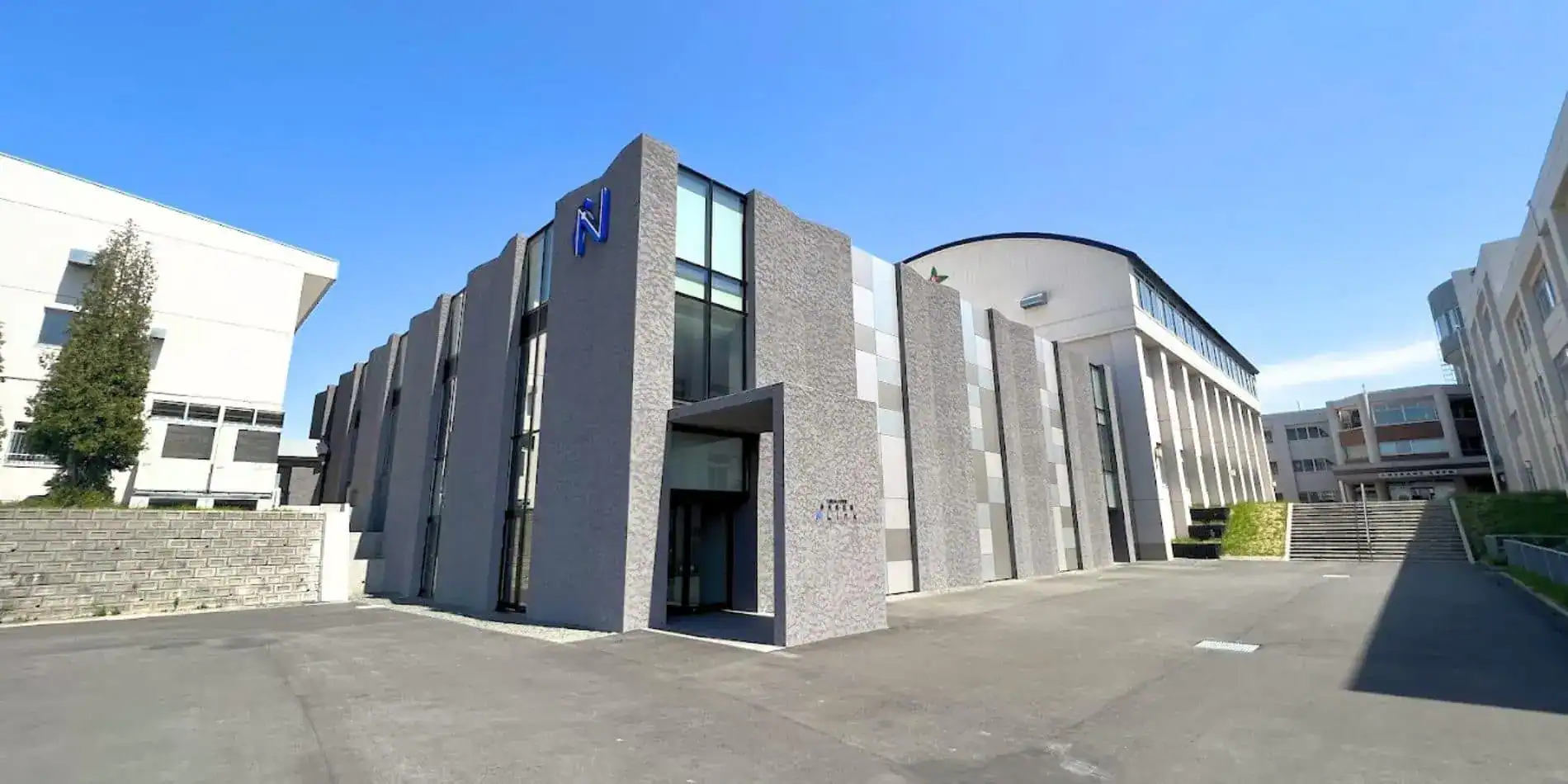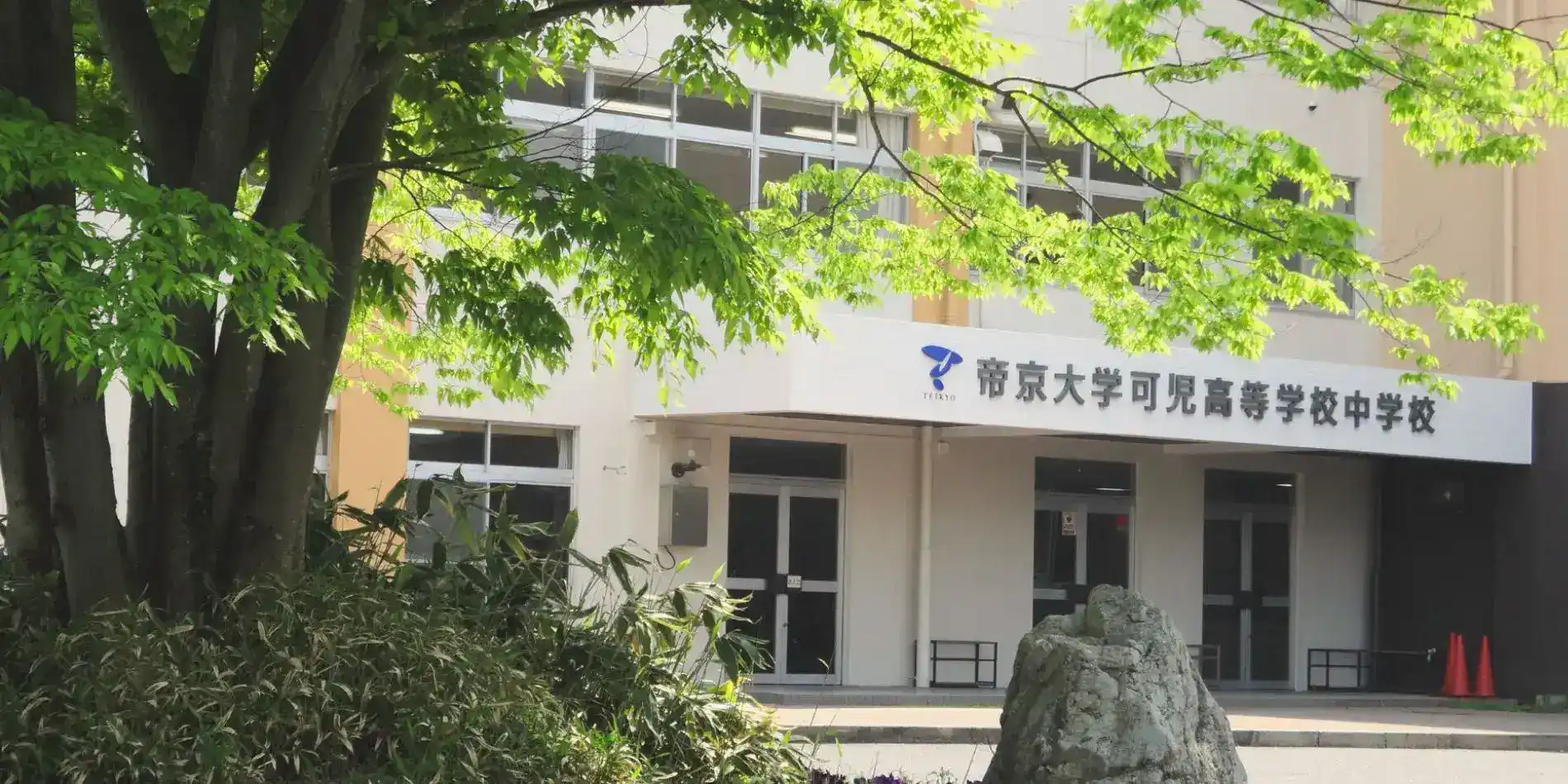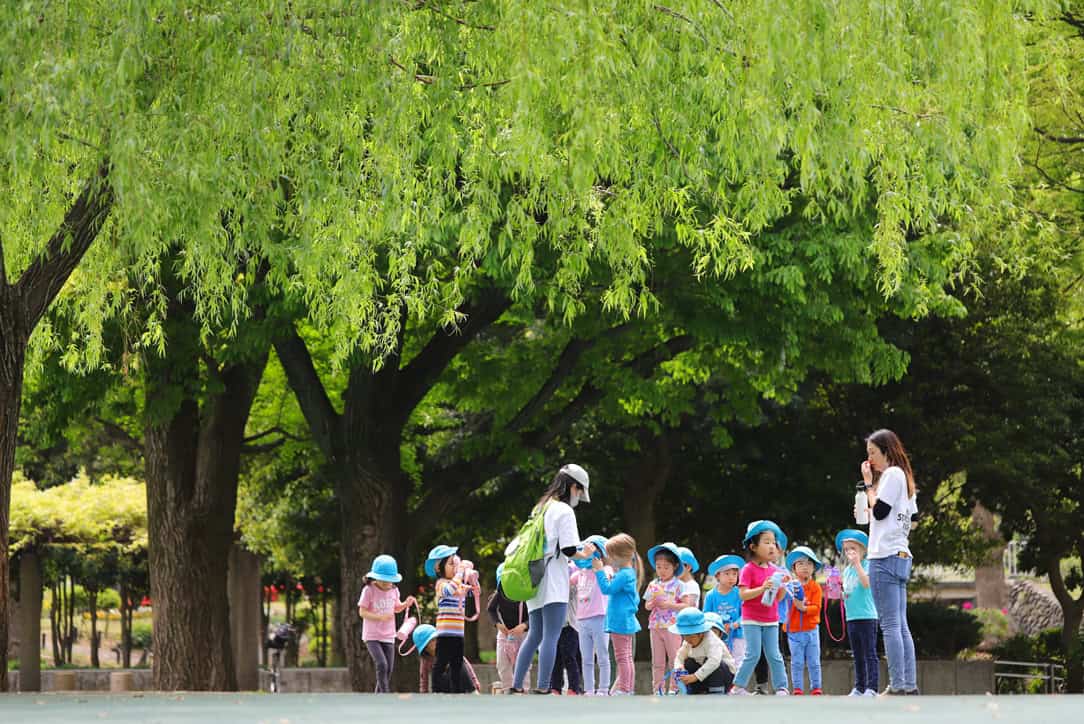2026년 일본 최고의 국제학교 목록을 찾고 계신가요? 일본의 국제학교는 세계적으로 인정받는 커리큘럼, 뛰어난 학업, 아이들을 위한 양육 환경을 제공하기 때문에 현지인과 외국인 가족 모두에게 훌륭한 선택입니다. 리뷰, 학비, 가족들이 일본 국제학교를 선택하는 이유 등 일본 최고의 국제학교를 선정한 이유를 알아보세요.
일본 최고의 국제 학교
표시 24 의 136 학교
필터
언어
커리큘럼
연령대
성별
Rugby School Japan
연간 수업료
5000K–8200K
JPY
✓
Verified 10월 2025
일본 최초의 영국인 탑승 정신
캐릭터 성장에 대한 독보적인 집중
다양한 글로벌 연결을 통한 강화
Tamagawa Academy IB Programmes
연간 수업료
1886K–1902K
JPY
✓
Verified 9월 2025 · IB
몰입형 이중 언어 학습
통합 예술 및 과학 집중
글로벌 마인드, 일본적 가치
One World International School Osaka
연간 수업료
1418K–1713K
JPY
✓
Verified 1월 2026 · IB
다문화 환경은 공감을 키운다
영어 및 일본어 지원
개인화된 탐구 기반 학습 접근 방식
One World International School Tsukuba
STEAM을 활용한 혁신적인 IB 커리큘럼
자연에서 영감을 받은 넓은 캠퍼스
글로벌 시민 의식 강조
AICJ Junior and Senior High School
글로벌 준비를 위한 이중 언어 몰입
캐릭터 개발 및 윤리에 집중
개인화된 학습을 위한 소규모 학급 규모
Doshisha International School, Kyoto
세계화를 위한 이중 언어 커리큘럼
학생 주도 이니셔티브에 중점을 둡니다.
역사적인 교토에서의 문화적 몰입
Korea International School (Osaka,Japan)
한국과 일본 문화의 역동적인 융합
영어 능력에 대한 입증된 성공
전인적 아동 발달에 대한 강조
Ritsumeikan Uji Junior and Senior High School
일본 환경에서의 강력한 IB 프로그램
글로벌 관점에 대한 강력한 초점
뛰어난 대학 합격률
Sapporo Nihon University High School
글로벌 커리어를 위한 이중 언어 교육
실습 과학 및 로봇 공학에 중점을 둡니다.
개인 맞춤형 대학 진학 준비
Shogaku Gakuen Educational Foundation
일본의 풍부한 전통, 글로벌 접근 방식.
인격과 도덕적 가치에 대한 강조.
혁신적인 이중언어 교육 모델.
Abroad International School – Okayama
연간 수업료
7.8K–10K
USD
✓
Verified 11월 2025
초등 및 중등 프로그램 모두에 대해 공식적으로 공인된 IB 월드 스쿨입니다.
학생 대 교사 비율이 낮으면 친밀한 관계를 형성하고 개별적인 관심을 기울일 수 있습니다.
학생들의 비판적 사고와 글로벌 인식을 장려하는 탐구 기반 학습에 중점을 둡니다.
Enishi International School
연간 수업료
21K+
USD
✓
Verified 11월 2025
조기 학습부터 고등학교까지 공인된 IB 커리큘럼을 통해 글로벌 마인드를 갖춘 학습자를 육성합니다.
탐구, 문화 존중, 개인적 성장을 강조하는 다국어 교육.
전인적 발달을 위한 커뮤니티 행사 및 현장 학습을 포함한 다양한 과외 활동.
Aoba Japan Bilingual Preschool Nakano
3세부터 18세까지의 국제 바칼로레아 연속 과정으로 글로벌 리더십을 키웁니다.
학생 개발의 핵심 기둥으로서 기업가 정신과 혁신에 중점을 둡니다.
학습자들 사이에서 진정한 국제적 마인드를 장려하는 다양한 다문화 커뮤니티.
Aoba-Japan Bilingual Preschool – Waseda Campus
3세부터 탐구 기반 학습을 촉진하는 국제 바칼로레아 초등 프로그램(PYP)을 제공합니다.
인근 도야마 공원에서 매일 야외 놀이를 하며 자연 속에서 건강과 호기심을 키울 수 있습니다.
다양한 국가의 학생들로 구성된 다양한 커뮤니티를 통해 글로벌 시각과 문화적 수용성을 높일 수 있습니다.
112 더 많은 학교를 발견하세요
일본의 국제학교에 다니는 데 드는 비용은 얼마입니까?
연간 수업료 일본의 국제 학교 일반적으로 범위는 $10,000 에게 $30,000 연간. 이 비용은 커리큘럼, 캠퍼스 시설, 제공되는 서비스 등의 요인에 따라 달라질 수 있으며, 일부 상위권 학교의 경우 다음을 초과합니다. $40,000 매년.
| 카테고리 | 낮은 범위 | 높은 범위 |
|---|---|---|
| 연간 수업료 | $10,000 | $30,000 |
| 월 환산액 | $835 | — |
| 등록비(1회) | $1,000 | $2,000 |
| 수학여행 | $500 | $1,500 |
| 연간 총 예상 비용 | $11,700 | $35,000 |
참고: 표시된 비용은 사용 가능한 데이터를 기반으로 한 추정치입니다. 현재 학비 구조는 학교에 직접 문의하세요. 추가 비용에는 교통비, 식사, 과외 활동 및 시험 비용이 포함될 수 있습니다.










